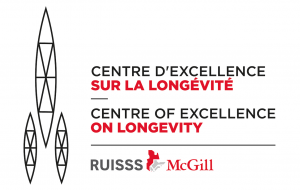Motoric cognitive risk syndrome
Background
Dementia is a significant health issue because of its high prevalence and incidence, which is estimated to reach 20% in older population, but also because of its adverse consequences for both patients (e.g., disability, institutionalization) and the broader healthcare system (e.g., increased expenditures).
Predicting individuals at risk for dementia provides an opportunity to act on potent risk factors, with the aim of reducing its incidence rate. Slow walking speed and subjective cognitive impairment (SCI), defined as perceived changes in cognition in the absence of objective impairment, are two clinical characteristics which have been independently associated with an increased risk of dementia.
MCR has all the characteristics required for a clinical screening risk assessment for dementia in primary care populations. However, five years after its initial definition, MCR’s utility and its value in the prediction of dementia are still under question. For instance, a recent non-systematic review underscored the possibility of an MCR paradox, describing this syndrome as “a condition to treat or a mere matter for research purpose.” Data accumulated since initial definition appears to conflict with this assumption.
Objectives
- To improve knowledge of MCR syndrome
- To confirm clinical utility of MCR syndrome
Methods
The design is a systematic review and meta-analysis of the scientific publications on MCR and data analysis of the Canadian Longitudinal Aging study and EPIDOS study.
Prospect
To better understand the relationship between MCR and adverse health outcomes (i.e., dementia, cognitive impairment, abnormal brain structures, falls and mortality)
To promote the taking in consideration of MCR syndrome in primary care
To improve the screening of older individuals at risk of dementia in primary care setting
To make a crucial breakthrough in terms of epidemiology of MCR syndrome in the Canadian population
To create and further networking advances: proposals will establish a unique, innovative and common forum on relationship between gait and cognition interaction for researchers and clinicians between Canada, the US and Europe.
Partners
Jewish General Hospital, Montreal
McGill University, Montreal
McMaster University, Hamilton, ON, Canada
Albert Einstein College of Medicine, New York, USA



